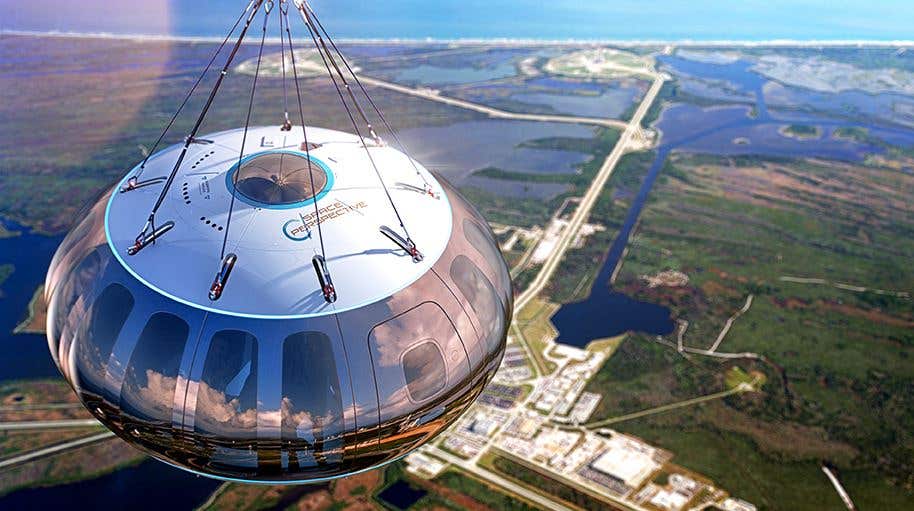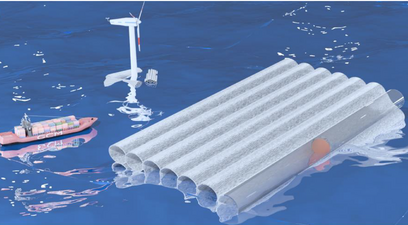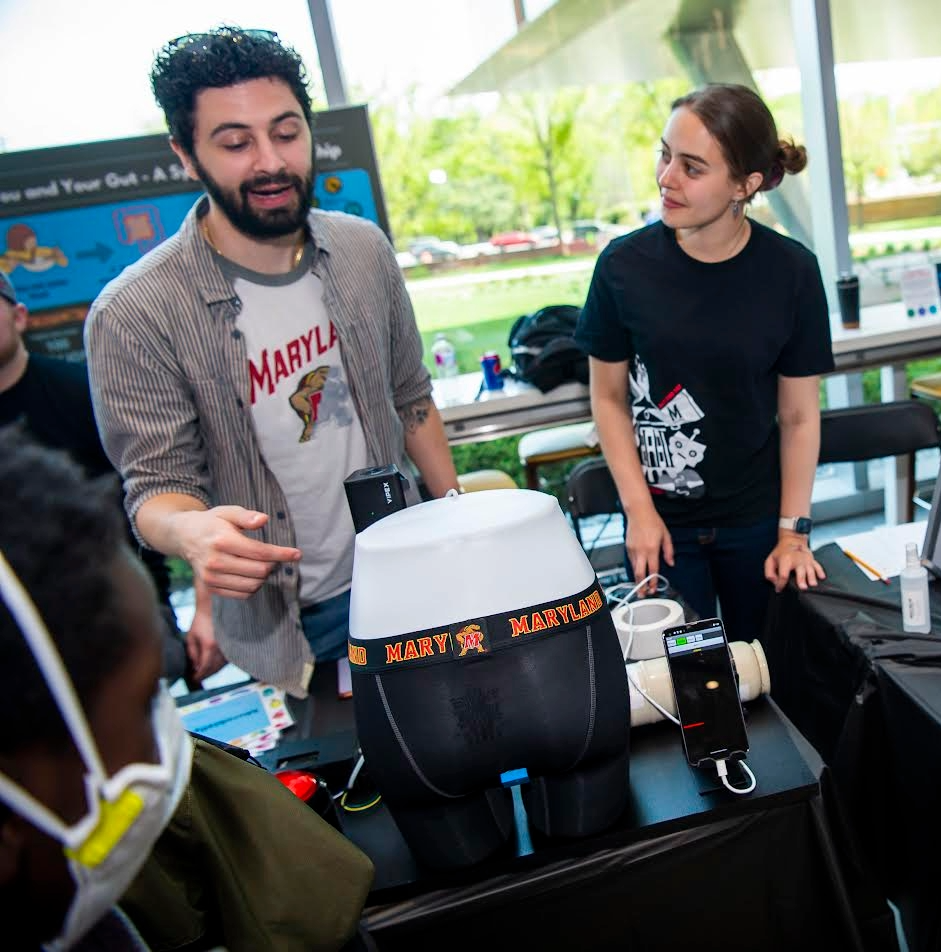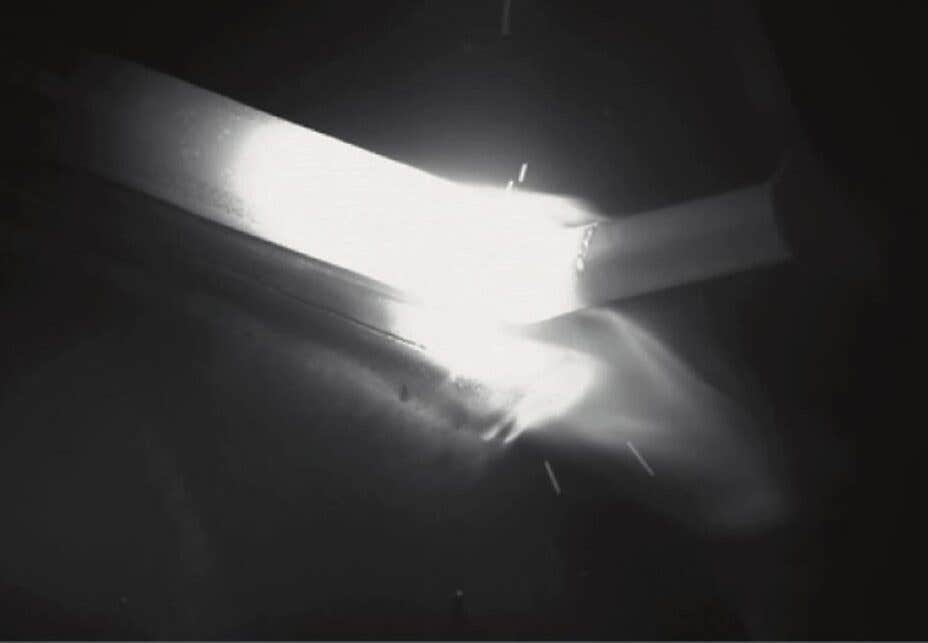Space Balloon Neptune One Completes First Successful Unmanned Flight
Space explorers, pack your bags! Neptune One, the pilot-operated space balloon that aims to take space tourists to the edge of space

[June 19, 2021: Elena Gorgan]
Space Perspective announced Neptune One (formerly Spaceship Neptune) in June 2020, with a timeline for the first unmanned test flights set tentatively for 2021. Precisely one year later, the company is announcing that the first such flight was conducted at the Space Coast Spaceport, next to NASA’s Kennedy Space Center, and it was a complete success.
The space balloon did not actually take flight. Space Perspective used a full-size capsule simulator to conduct the 6-hour-and-39-minute flight all the way to the edge of space, observing the launch, the flight, the descent, and the controlled splash in the Gulf of Mexico. Research payload was included, provided by interested partners.
According to a press release, the event went smoothly. After more such flights, Space Perspective will start manned flights, with the ultimate goal of having Neptune One enable accessible and affordable space tourism, more research opportunities and, in time, a new perspective on space travel and life on Earth.
The test capsule flew to a height of 108,409 feet (33,043 meters) and landed at a controlled location some 50 miles (80.4 km) off the west coast of Florida, from where it was later retrieved. According to the press statement, “all primary objectives” of the flight were met, with the most important being the completion of a full flight demo, from prelaunch to recovery of the capsule.
Neptune One, the actual space balloon, doesn’t have an estimated timeline. It is designed for “maximum safety, accessibility, near zero-emissions and routine operations” around the world, welcoming millionaires and researchers alike.
When it receives all approvals and certifications, it will carry a team of eight space explorers to the edge of space. The balloon will be operated by a pilot, making a two-hour ascent to 100,000 feet (30,480 meters), where it will hover for two more hours, before starting the journey back. It will splash in the water, and will be retrieved by a ship.
One of the hottest selling points of Neptune One is that the two-hour stay at the edge of space will make for perfect Instagram pictures, and memories slash bonding moments with friends and family.
Note: Materials provided above by the The Brighter Side of News. Content may be edited for style and length.
Like these kind of feel good stories? Get the Brighter Side of News' newsletter.



